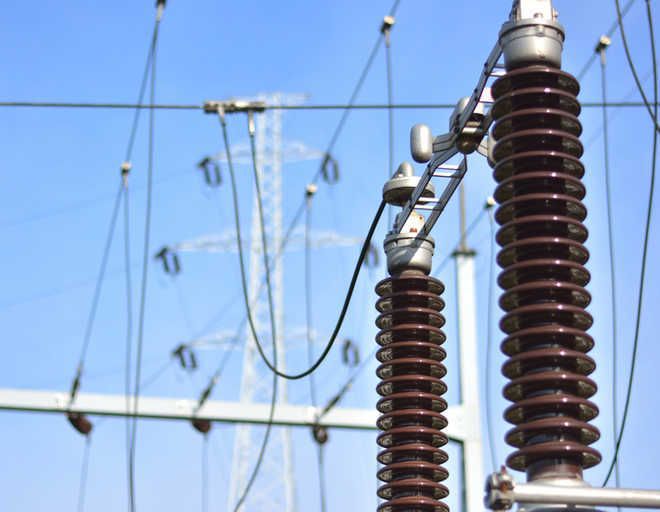THE Himachal Pradesh Government, led by Chief Minister Sukhvinder Singh Sukhu, has made a critical decision to withdraw the free electricity scheme for taxpayers. This move comes amid the dire financial situation of the Himachal Pradesh State Electricity Board (HPSEB), which reported losses of Rs 1,800 crore in 2023-24. While the decision affects a broad spectrum of taxpayers, it spares those in the below poverty line (BPL) and other vulnerable categories. The financial strain on HPSEB is undeniable, with a staggering debt burden and decreasing revenue from state grants and GST allocations. The HP Cabinet’s decision to rationalise the zero electricity bill provision by limiting it to ‘one family, one meter’ and linking connections to Aadhaar-seeded ration cards is a prudent measure aimed at saving around Rs 200 crore annually.
This step highlights the unsustainable nature of electoral freebies when confronted with harsh fiscal realities. Critics have accused the Congress government of reneging on its promises. The free electricity scheme was launched in 2022 by then CM Jai Ram Thakur with great fanfare. Aimed at benefiting over 14 lakh consumers, it is now being scaled back due to economic constraints. While the intent to provide relief to the common man was commendable, the financial health of the state cannot be ignored.
This situation underscores a broader issue: the need for electoral promises to align with fiscal responsibility. Freebies and subsidies, while politically appealing, must be carefully considered against their long-term economic impact. Sustainable development and financial stability should be at the forefront of policymaking, ensuring that short-term gains do not lead to long-term detriment. While electoral assurances are important, they must be balanced with the economic realities of the state. Withdrawing a benefit once given, even if unviable, has its own repercussions.









